Indian PM on official visit to China
Indian Prime Minister Manmohan Singh arrived Sunday in Bejijing for talks with China's leaders, AFP reports.
Sunday, 13.01.2008.
11:28

Indian Prime Minister Manmohan Singh arrived Sunday in Bejijing for talks with China's leaders, AFP reports. The agency adds that the two most populous nations look to turn their combined clout into a major force in global affairs. Indian PM on official visit to China It is the first visit by an Indian premier in five years as the Asian powerhouses, who account for one-third of the world's people, try to set aside lingering disputes and establish a partnership on the international stage. "India-China relations have today transcended their bilateral dimension and have acquired global and strategic significance," Singh told China's state Xinhua news agency in an interview ahead of the trip. He said he hoped to discuss a wide range of issues with Chinese leaders including UN reforms, regional dialogue and global issues such as climate change, energy security, international trade and counter-terrorism. Singh was to visit Olympic venues on Sunday as part of the three-day trip before holding talks with his counterpart Wen Jiabao and President Hu Jintao on Monday and Tuesday, a Chinese official said. India has long been wary of China's close ties to its neighbors Pakistan and Myanmar, both of whom enjoy strong military support and economic aid and investment from Beijing. China and India have also competed for resources in Myanmar in recent years, with Chinese companies beating out their Indian rivals for lucrative gas and pipeline contracts in the isolated southeast Asian state. Along with Singh, India is sending Commerce Minister Kamal Nath at the head of a trade delegation, with New Delhi looking to rein in a trade gap with China that it says has jumped from four billion to nine billion dollars since 2006. "We would like to sell much more to China," Indian Foreign Secretary Shiv Shankar Menon told journalists before the group left New Delhi. "In the last few years trade shifted in China's favor, and we are hoping to change that," he said. The nations agreed in November 2006 to double trade to 40 billion dollars by 2010. According Chinese statistics, bilateral trade amounted to 34.2 billion dollars from January to November in 2007. Officials said the two sides would also work on a long-standing territory dispute which led to a brief war in 1962. In his interview, Singh said that settlement of the boundary would "advance the basic interests of the two countries and should therefore be pursued as a strategic objective." India says China occupies 38,000 square kilometers of its territory, while Beijing claims the whole of the northeastern Indian state of Arunachal Pradesh, which is 90,000 square kilometers in area. The two countries have seen a thaw in relations in recent years, with their first-ever joint military exercise in southwestern China last month the most recent example. "The visit is expected to be successful," Indian Foreign Minister Pranab Mukherjee said earlier, referring to the territory dispute. "But if you are expecting that there would be any dramatic turnaround on certain issues, which are long-pending, then it would perhaps be too much," he said.
Indian PM on official visit to China
It is the first visit by an Indian premier in five years as the Asian powerhouses, who account for one-third of the world's people, try to set aside lingering disputes and establish a partnership on the international stage."India-China relations have today transcended their bilateral dimension and have acquired global and strategic significance," Singh told China's state Xinhua news agency in an interview ahead of the trip.
He said he hoped to discuss a wide range of issues with Chinese leaders including UN reforms, regional dialogue and global issues such as climate change, energy security, international trade and counter-terrorism.
Singh was to visit Olympic venues on Sunday as part of the three-day trip before holding talks with his counterpart Wen Jiabao and President Hu Jintao on Monday and Tuesday, a Chinese official said.
India has long been wary of China's close ties to its neighbors Pakistan and Myanmar, both of whom enjoy strong military support and economic aid and investment from Beijing.
China and India have also competed for resources in Myanmar in recent years, with Chinese companies beating out their Indian rivals for lucrative gas and pipeline contracts in the isolated southeast Asian state.
Along with Singh, India is sending Commerce Minister Kamal Nath at the head of a trade delegation, with New Delhi looking to rein in a trade gap with China that it says has jumped from four billion to nine billion dollars since 2006.
"We would like to sell much more to China," Indian Foreign Secretary Shiv Shankar Menon told journalists before the group left New Delhi.
"In the last few years trade shifted in China's favor, and we are hoping to change that," he said.
The nations agreed in November 2006 to double trade to 40 billion dollars by 2010. According Chinese statistics, bilateral trade amounted to 34.2 billion dollars from January to November in 2007.
Officials said the two sides would also work on a long-standing territory dispute which led to a brief war in 1962.
In his interview, Singh said that settlement of the boundary would "advance the basic interests of the two countries and should therefore be pursued as a strategic objective."
India says China occupies 38,000 square kilometers of its territory, while Beijing claims the whole of the northeastern Indian state of Arunachal Pradesh, which is 90,000 square kilometers in area.
The two countries have seen a thaw in relations in recent years, with their first-ever joint military exercise in southwestern China last month the most recent example.
"The visit is expected to be successful," Indian Foreign Minister Pranab Mukherjee said earlier, referring to the territory dispute.
"But if you are expecting that there would be any dramatic turnaround on certain issues, which are long-pending, then it would perhaps be too much," he said.











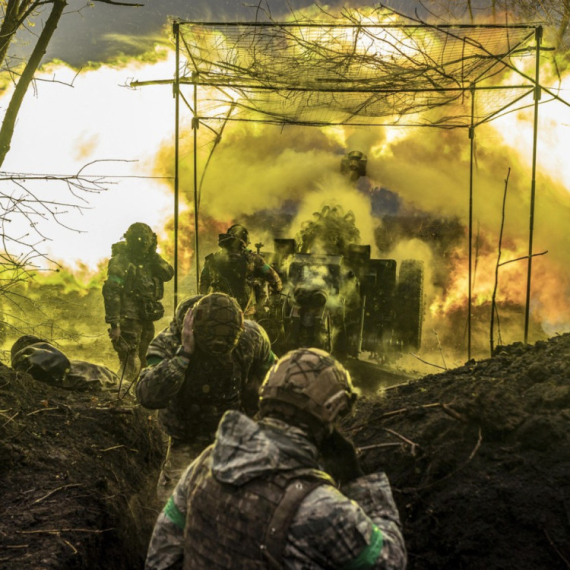
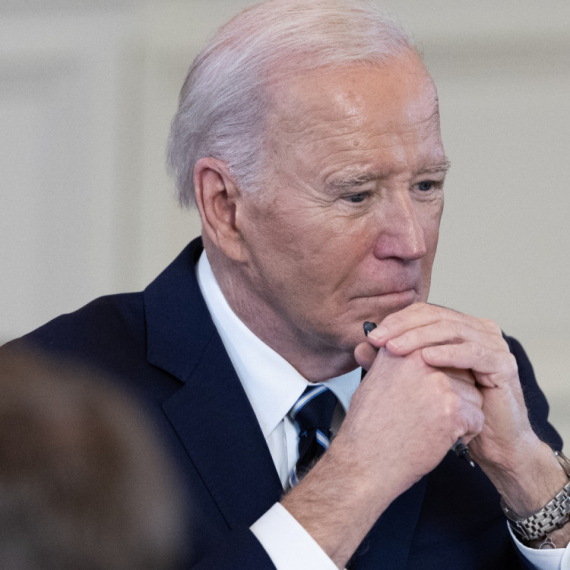
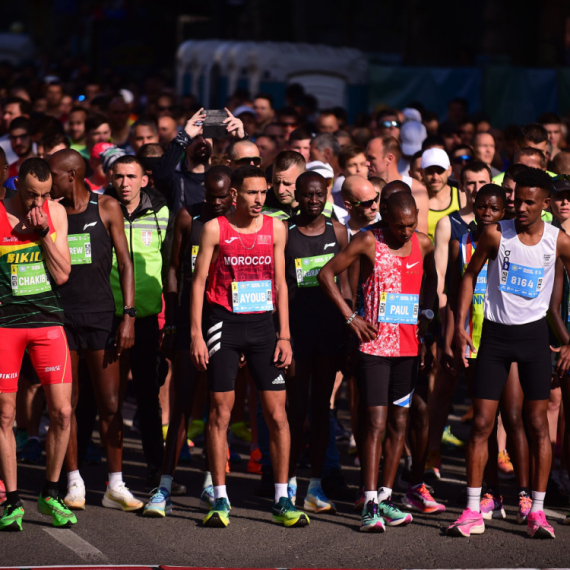

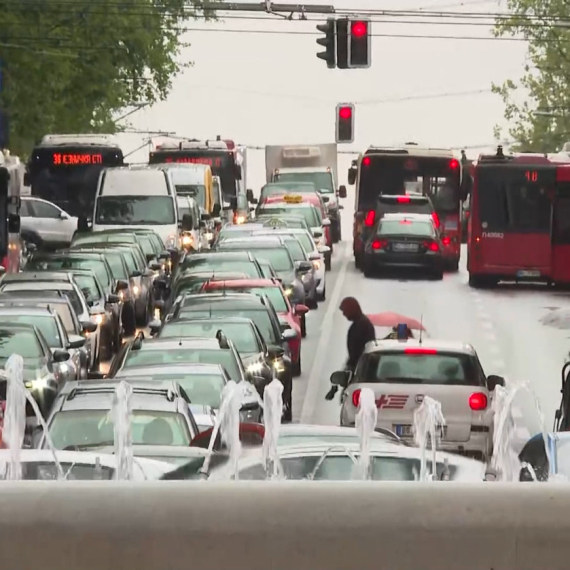

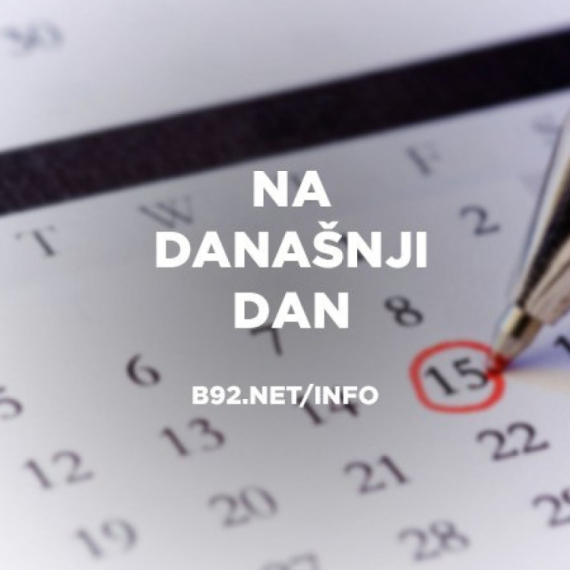
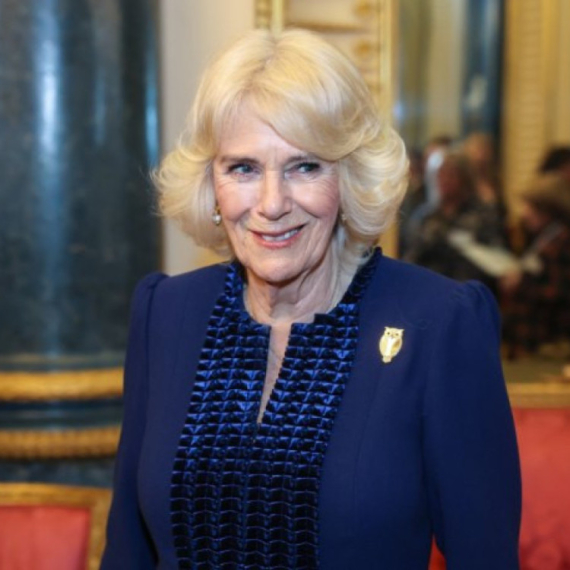

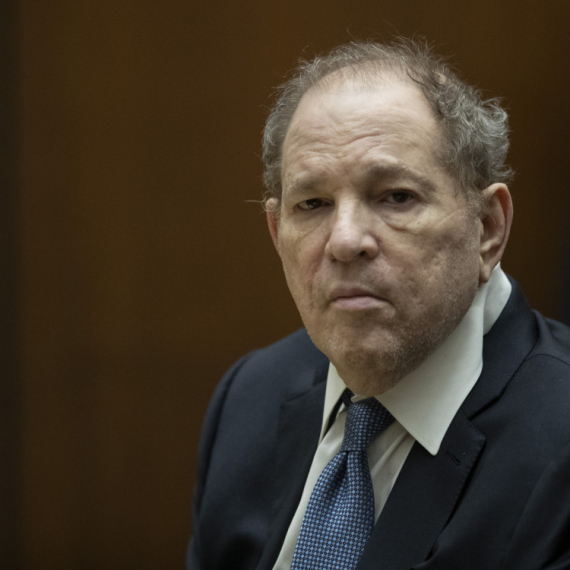
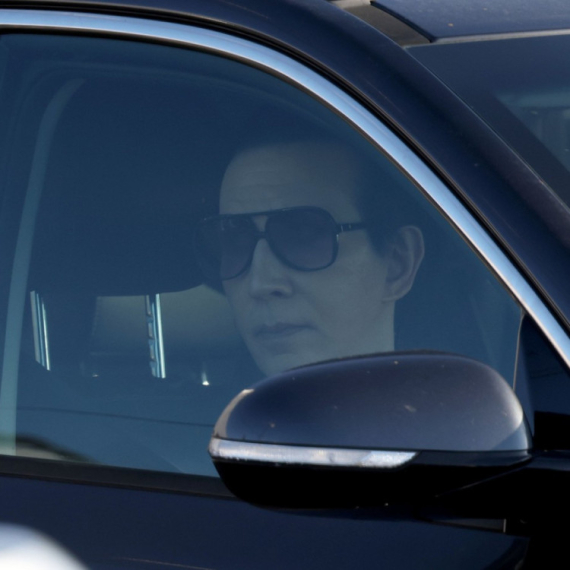























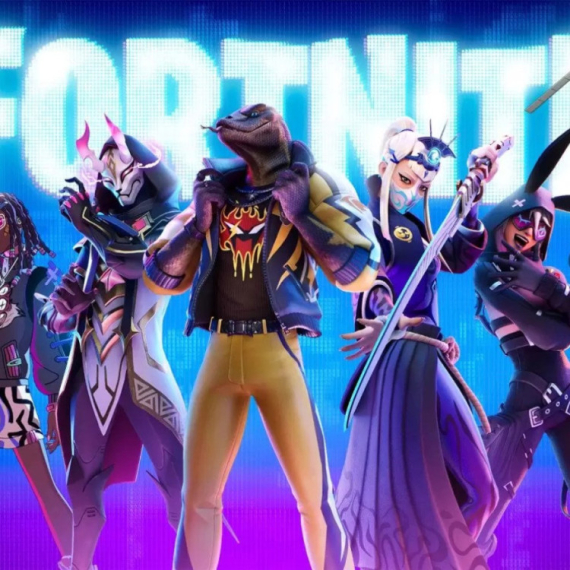


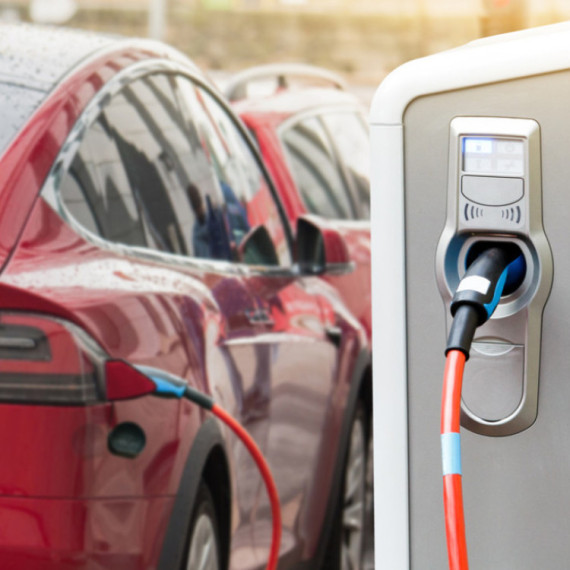
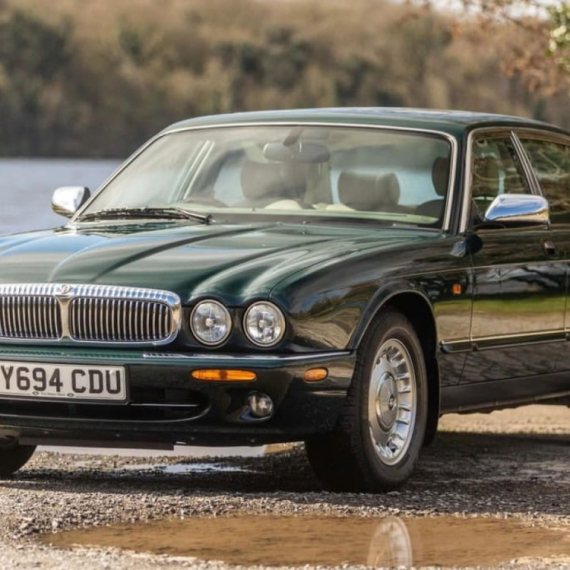
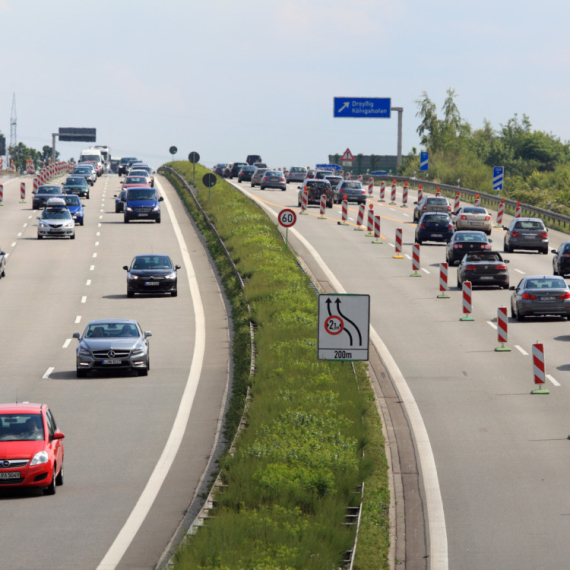
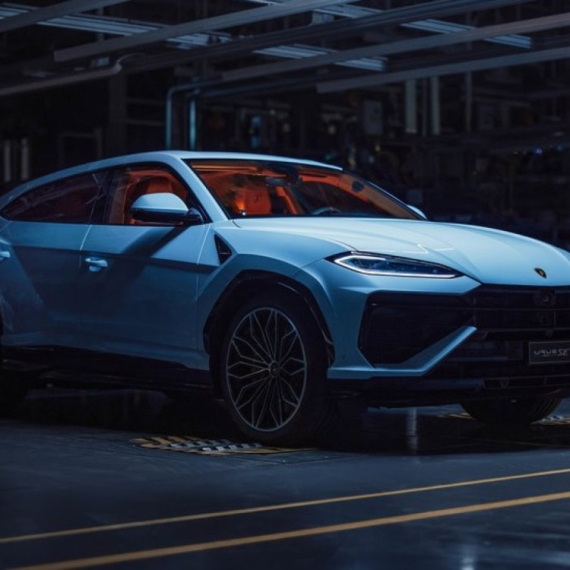
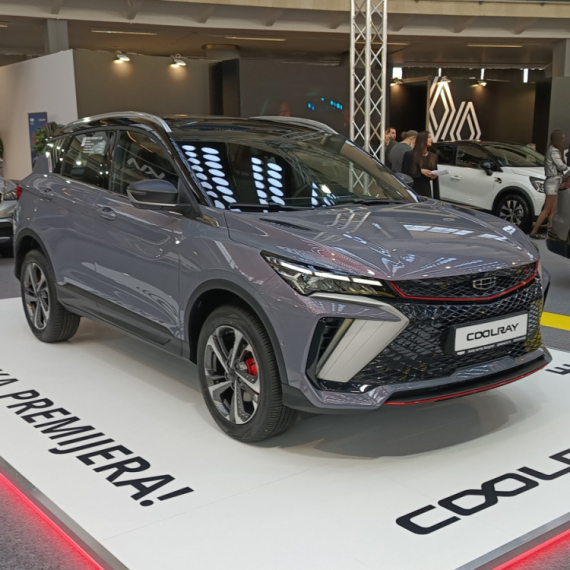
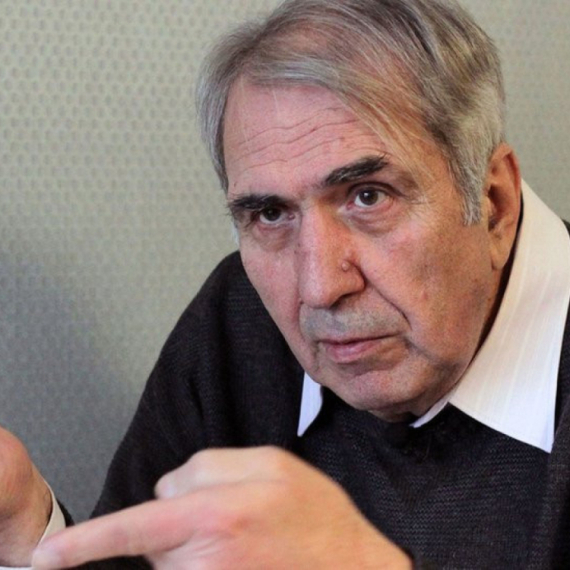
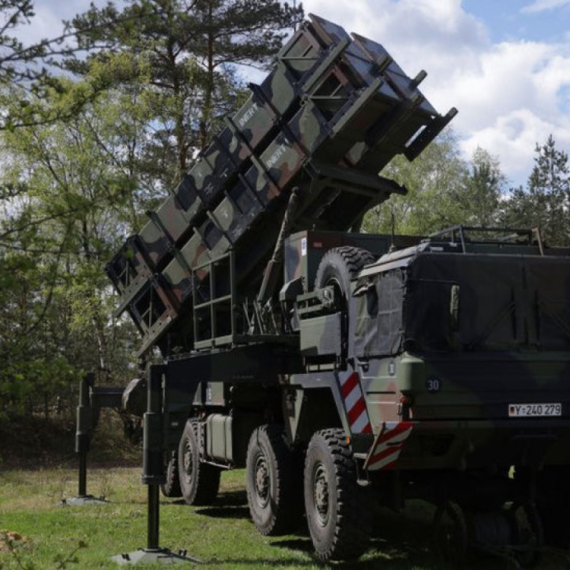
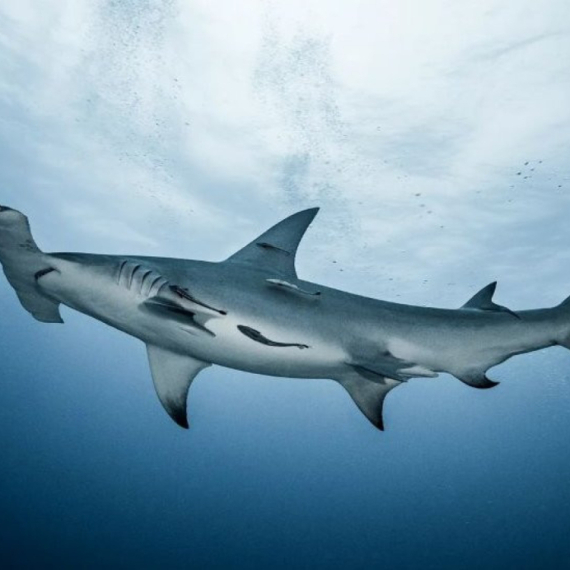
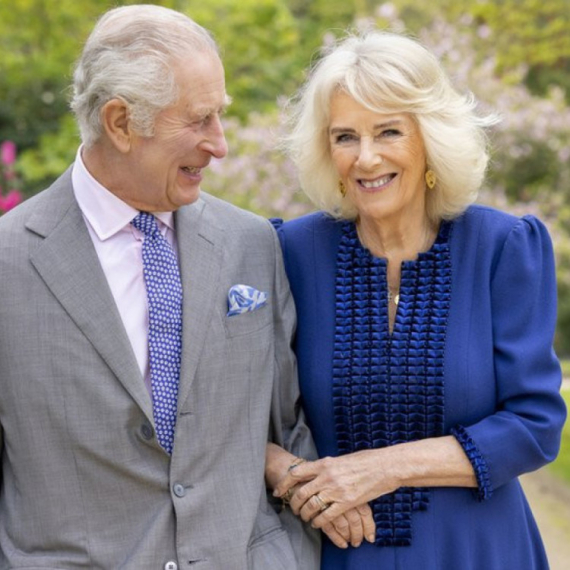


Komentari 0